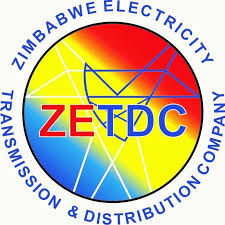Staff Reporter
The Zimbabwe Electricity Transmission and Distribution Company (ZETDC) is currently holding stakeholders meetings to increase tariffs by 102 percent with a view to improve electricity supply and distribution in the country.
The nationwide engagement with stakeholders like farmers, business, education sector, church, political leadership among others is also meant to hear challenges being faced by consumers in various communities.
A contact within ZETDC revealed that the stakeholder consultative meetings have so far been held in more than three provinces namely Masvingo, Harare and Manicaland with most people agreeing to the proposed tariff increase on condition that it translates to increased electricity supply and reliability.
“The Zimbabwe Energy Regulatory Authority (ZERA) and Zimbabwe Electricity Transmission and Distribution Company (ZETDC) have resumed stakeholder consultative meetings seeking support for the 2022 increase meant to improve electricity supply and hearing challenges being faced by consumers including vandalism.
“In Masvingo, Harare and Manicaland, people agreed to the tariff increases provided they see an improved power supply which translates to the increase. People also pleaded with ZESA to address the issue of vandalism through increasing security at transformers and other key installations,” he said.
ZETDC is seeking to increase the national average electricity tariff by 102 percent from ZWL$9.2182 per Kilo Watt Hour (KWH) (US$0.0790) per KWH) to ZWL$18.60 per KWH (US$0.1595 per kwh).
According to the contact, ZERA is conscientising the public about the intended electricity tariff increase which is more inclined to US dollar denomination because ZERA and the Government want to attract more independent power producers.
Independent power producers prefer to be paid in foreign currency when they supply power to ZETDC as this would enable them to replace worn out parts on their machines and equipment, hence the need for ZETDC to charge in foreign currency. ZETDC also pays for imports in foreign currency.
ZERA indicated it was moving towards a tariff of US$0.14 per KWH in line with regional and South African trends.




